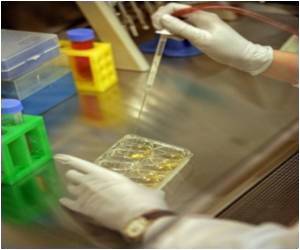Scientists have discovered one of the reasons why many previous attempts to harness the immune system to treat cancerous tumours have failed - a feat that could revolutionise cancer therapy.

They have also found that if they destroy these cells in a tumour immune suppression is relieved, allowing the immune system to control the previously uncontrolled tumour.
"Finding the specific cells within the complex mixture of the cancer stroma that prevents immune killing is an important step. Further studying how these cells exert their effects may contribute to improved immunological therapies by allowing us to remove a barrier that the cancer has constructed," said Douglas Fearon and Sheila Joan Smith from University of Cambridge.
Vaccines created to prompt the immune system to attack cancerous cells in tumours have shown to activate an immune response in the body but have, inexplicably, almost never affected the growth of tumours.
The cell they studied specifically expresses a unique protein often associated with wound healing - fibroblast activation protein alpha (FAP). The FAP expressing cells are found in many cancers, including breast and colorectal cancers.
"These studies are in the mouse, and although there is much overlap between the mouse and human immune systems, we will not know the relevance of these findings in humans until we are able to interrupt the function of the tumour stromal cells expressing FAP in patients with cancer," added Fearon.
Advertisement
Source-ANI















